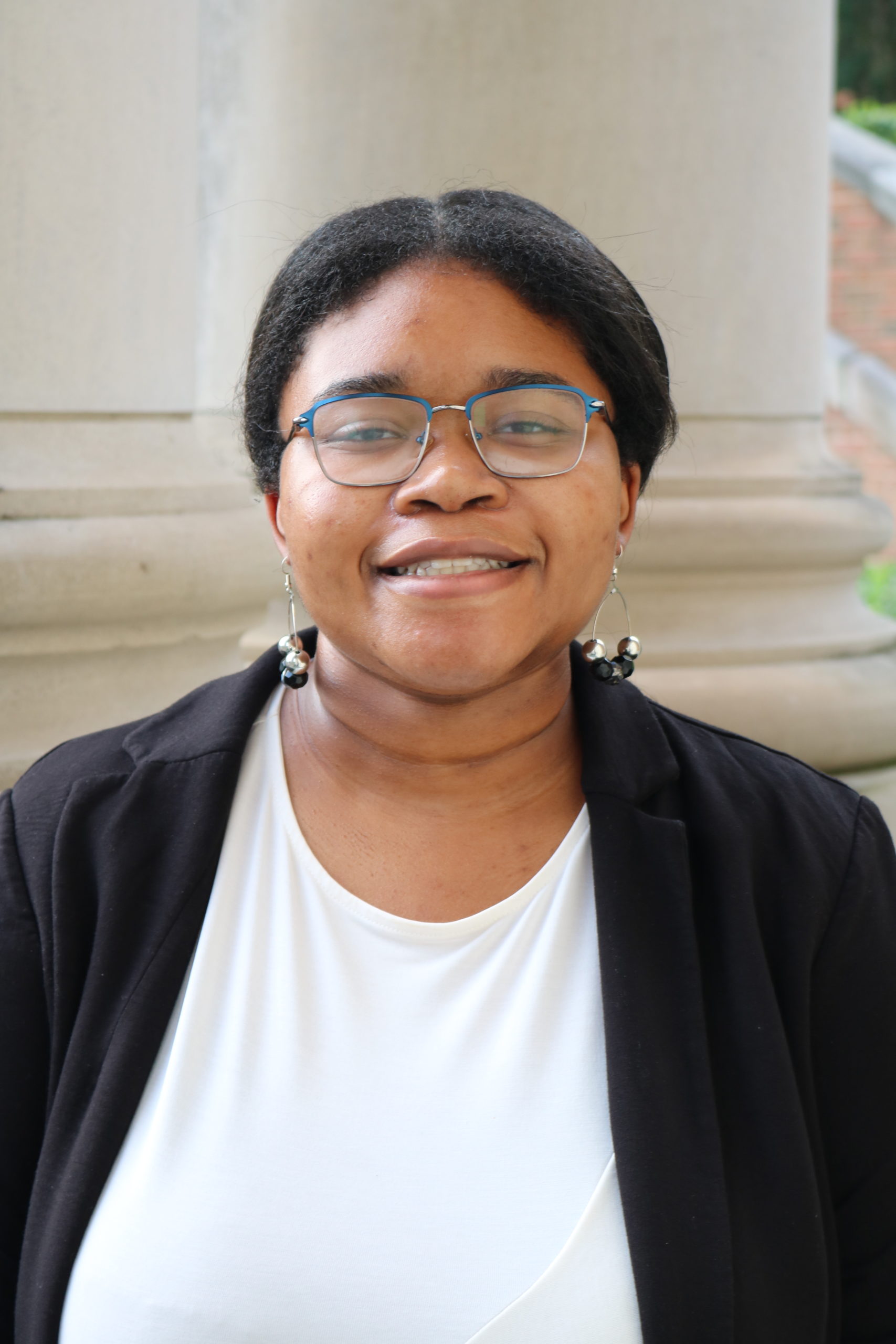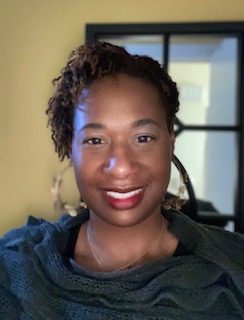According to Licensed Professional Counselor Shenitha Hinton, the current mental health state of people of color today can be described in the following words: tired, burned out and running on fumes.
“I know that most of these words were used in the early part of the pandemic during the George Floyd incident but people of color are tired in so many areas, such as in jobs, schools and programs where you’re feeling like you are not getting what you need, whether internal or external,” Hinton said .
As part of a partnership with the Office of Diversity and Intercultural Initiatives and the Counseling and Wellness Department, Hinton has started offering her counseling services at Samford.
Hinton said she agreed to this opportunity because she wanted students of color at Samford to have someone who could truly understand their needs.
She describes most of her counseling sessions with people of color as consisting of her having to talk through “additional layers.”
“When people of color come for counseling, there are additional layers that have to be pulled through. You may spend a couple of sessions, letting the client process the stigmas of mental health, their ideas about mental health, and their family history,” she said. “Overall, it is a very colorful experience.”
Hinton also explained the importance of self-care and what strategies people of color can implement to preserve their mental health.
“One way to practice self-care is giving yourself permission to take care of yourself,” Hinton said. “Because for many people of color, idleness is perceived as laziness. And from a cultural and societal standpoint, we have been continuously given the messages that you have to always be productive. But you have to allow yourself to rest and take breaks.”
Hinton further explained different aspects of self-care that she encourages students of color to focus on.
“I go over four areas of self-care with my clients, which are emotional self-care, physical self-care, spiritual self-care and psychological self-care. Covering these areas keeps you invested into yourself,” Hinton said.
While there are several ways for people of color to take care of their mental health, Hinton also discussed what non-people of color can do to be supportive of people of color and their experiences.
She stated that having a desire to want to learn more about the different experiences that people of color have and the barriers that they face will help to create a sense of empathy.
Students who are interested in setting up an appointment with Hinton should email counseling@samford.edu.

Staff Writer





